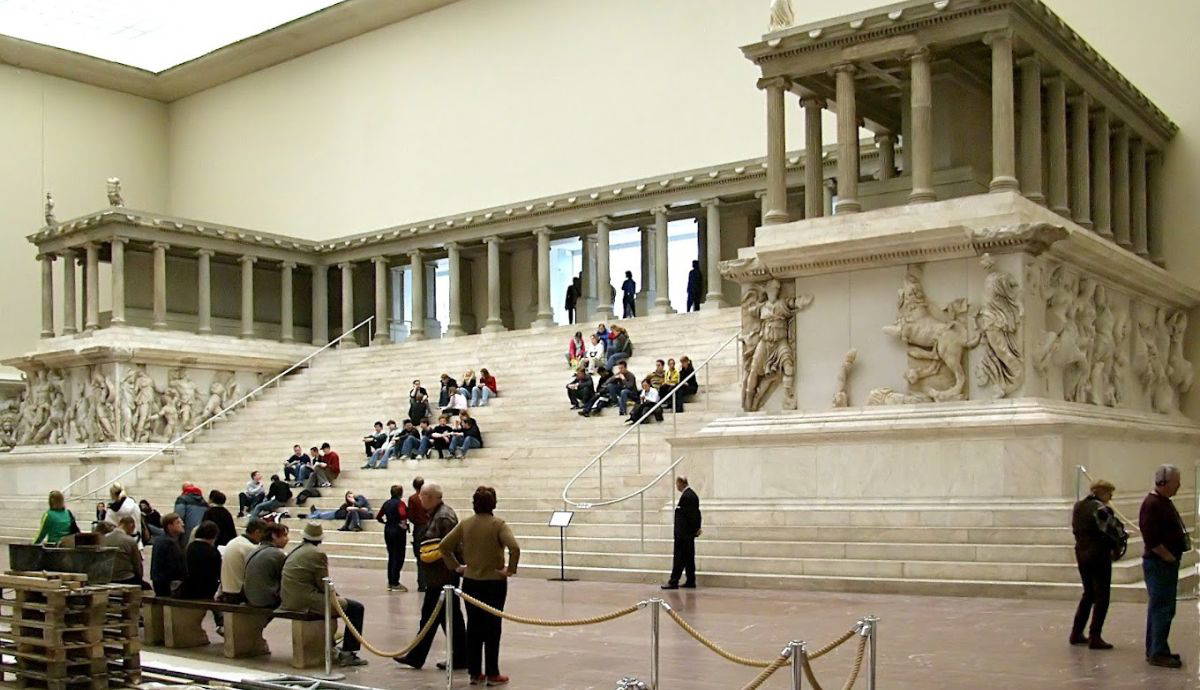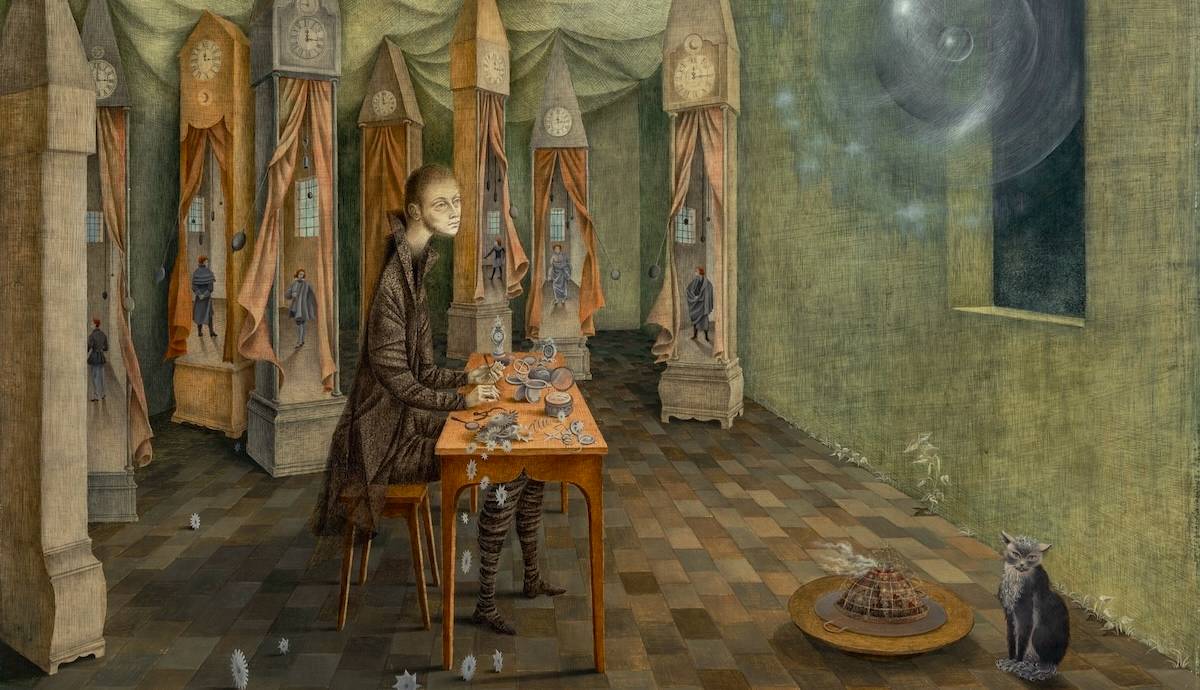
Berlin’s Pergamon museum won’t be open to the public for long due to renovations starting in October. Overall, works will be carried out in all parts of the museum. Workers are working on the north and central section renovation. But, the east wing will have much larger intervention. The museum will close for 14 years, precisely until 2037.
Reasons Behind Berlin’s Pergamon Museum Renovation

Why is renovation necessary? The museum’s building comes from the 20th century and is in extremely poor structural condition. It is unsuitable both for exhibitions and for visitors and tourists. The museum is full of humidity. Technology and devices are also out of date. These are not small problems, and that is why workers will need many years to finish the operation.
Experts concluded the whole renovation will cost around $1.6 million. The renovation prolonged outside the planned time. The costs will be much higher than those originally foreseen – $526 million. The cost of renovation increased almost by double. Only the cost of the eastern sector will amount to around $700 million.

Although the museum will finally open in 14 years, the north part will be accessible to the public from 2027. The north wing houses the museum’s eponymous Pergamon Altar. The Pergamon Altar dates back to the first half of the second century BC. Also, it was once part of the city of Pergamon in Asia Minor. Today, It is a matter of much debate.
Discussions Around The Pergamon Altar

Since the Prussian Empire’s acquisition of the Altar after its so-called discovery during excavations at the end of the 19th century, there have been repeated attempts by numerous Turkish political parties towards a return. According to the Prussian Cultural Heritage Foundation, the southern part of the building is “in a very poor structural condition”.
This affects the stability of the building and the safety of the exhibits. A lot of damage occurred during the bombing of Berlin in WWII, but repairs afterwards were completely inadequate. In January, a German government official publicly voiced support for returning the storied Greek altar to its countries of origin.

Turkey, which has been active in seeking a legal title to its displaced cultural property, has long called for the altar’s return. Germany acquired it under a 1879 agreement with the Ottoman Empire, which occupied Greece at the time.










